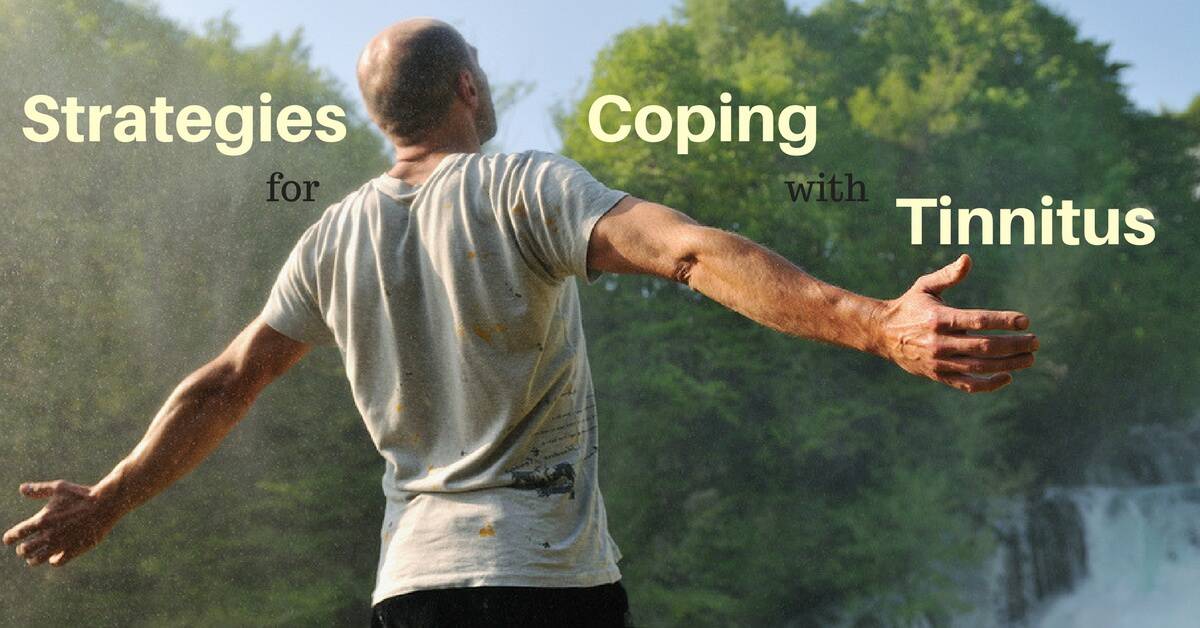
For those of you who live for that morning cup of coffee, and can’t start the day off right without a bit of caffeine, you may want to consider some of your coffee drinking habits. A recent study looked at the effects of caffeine on the body, and found that caffeine inhibits your body’s ability to recover from temporary noise-induced hearing loss. Does this mean you’ll have to give up coffee for good?
Temporary Hearing Loss
Most people have experienced temporary hearing loss at least a few times before. If you’ve been to a loud concert, a ball game, or even out to a noisy restaurant or bar with your friends, you’re familiar with that ringing in your ears, or have felt like all the sounds around you were muffled and quiet. Excessive noise is all around us, in many workplaces as well as leisure activities. This is a major health concern, since sound levels exceed health recommendations in many places, and this leads to serious hearing damage.
Dr. Faisal Zawawi, an otolaryngologist at McGill University in Canada explains. “When the ear is exposed to loud noise, it can suffer from a temporary hearing reduction, also called auditory temporary threshold shift,” he says. “This disorder is usually reversible in the first 72 hours after the exposure, but if symptoms persist, the damage could become permanent.”
This means that if you’ve experienced temporary hearing loss, you’ll want to do everything in your power to make sure it doesn’t become permanent – and this includes monitoring your caffeine intake.
Everyone Loves Coffee
Loud noise isn’t the only thing that’s pervasive in our culture. Coffee is everywhere, and many people would never dream of living without it. From your morning espresso to your mid-afternoon latte, caffeine is a constant in our lives. More than 80% of adults consume caffeine every day in the form of coffee, tea, soft drinks, and energy drinks. While caffeine gives you a bit of a boost, overdoing it is never a good idea. The maximum recommended daily dose of caffeine is 300mg, or roughly 3 small cups of coffee. That’s just 1 Starbucks venti brewed coffee. Do you drink too much coffee?
Temporary Hearing Loss and Coffee
So, what’s the deal with temporary hearing loss and caffeine? Does drinking coffee cause hearing loss? The University of McGill’s Health Centre has been researching how different substances, like coffee, could be impacting hearing health. Caffeine doesn’t cause hearing loss. But it does have an impact on your hearing. The researchers found that what caffeine does do is slow you down when you’re recovering from noise induced hearing loss, and could even turn that temporary hearing loss into a permanent problem.
If you’ve suffered from noise induced hearing loss, you’ll usually recover your hearing again within 72 hours. But add caffeine into the mix and it’s a whole different story. “Our research confirmed that exposure to loud auditory stimuli coupled with daily consumption of caffeine had a clear negative impact on hearing recovery,” says Dr. Zawawi. Be careful, or your temporary hearing loss might be here to stay.
When to Take a Break from Coffee
Don’t worry, your morning cup of coffee isn’t going to wreak havoc on your hearing. If you have a moderate daily consumption of caffeine, you should be just fine. The trick is to know when to take a break from caffeine. The study found that drinking coffee while experiencing temporary hearing loss led to a much higher risk of developing permanent hearing loss.
The moral of this study is, don’t mix loud noises and coffee. If you’ve been out late at a concert but you’re up early the next day for work, your first instinct is to reach for the coffee pot to help you make it through the day. But if you have the symptoms of temporary hearing loss, you might want to skip the coffee for a day, and give your ears a chance to recover.
Do you suffer from hearing loss? Have you been experiencing temporary hearing loss, tinnitus, or any of the other early warning signs of hearing loss? Whatever your level of hearing loss, My Hearing Centers is here to help, with expert advice and exceptional hearing devices to match your hearing needs.
